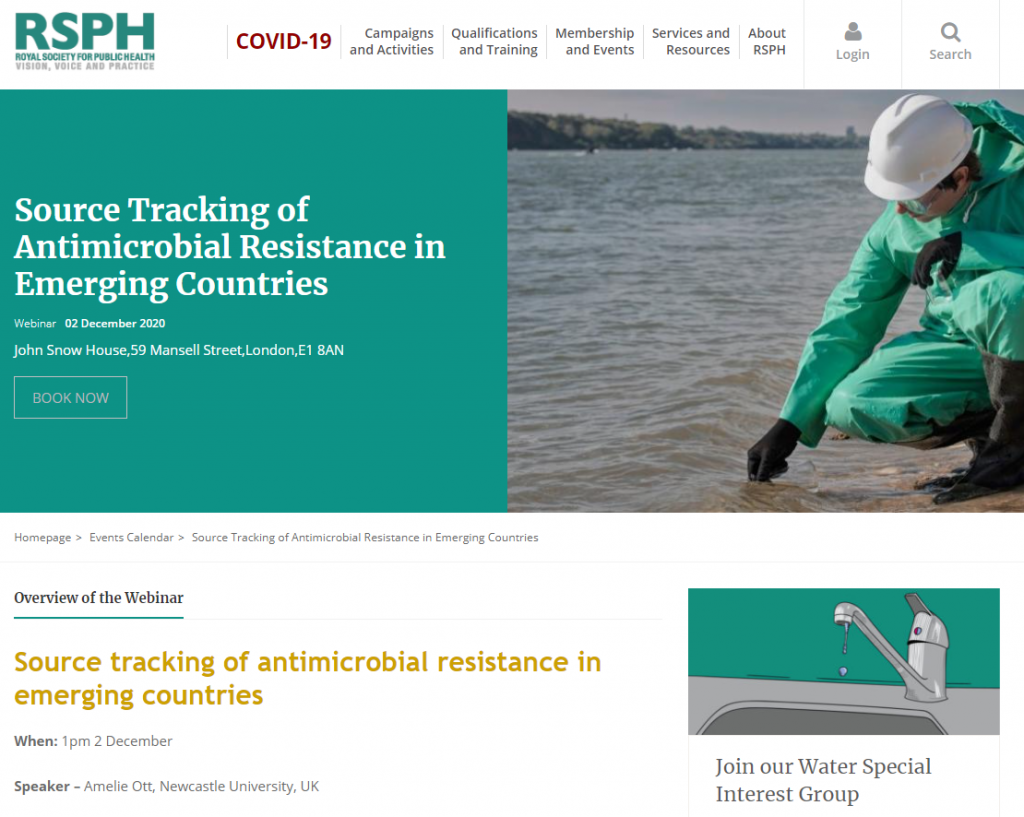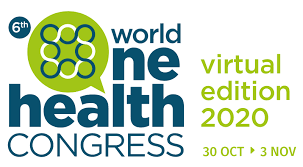We want to publicise a recent publication in the journal Environmental Pollution on research by Newcastle University and the Indian Institute of Technology, Delhi that quantified antibiotic and metal resistance in sediments from the Ganges and Yamuna Rivers in India and streams in the River Tyne catchment. The results show heavy metals, which are high in the River Tyne catchment due to historic mining and industrial activity, relate to antibiotic resistance levels in the river. The same was seen in the Indian rivers, especially in areas of industrial activity. See the Newcastle University Press Release on this work here.
Professor Graham introduced the environmental dimensions of antibiotic resistance at the Annual Meeting of the Members of the European Parliament (MEP) Interest Group on AMR on 17 May 2022.


